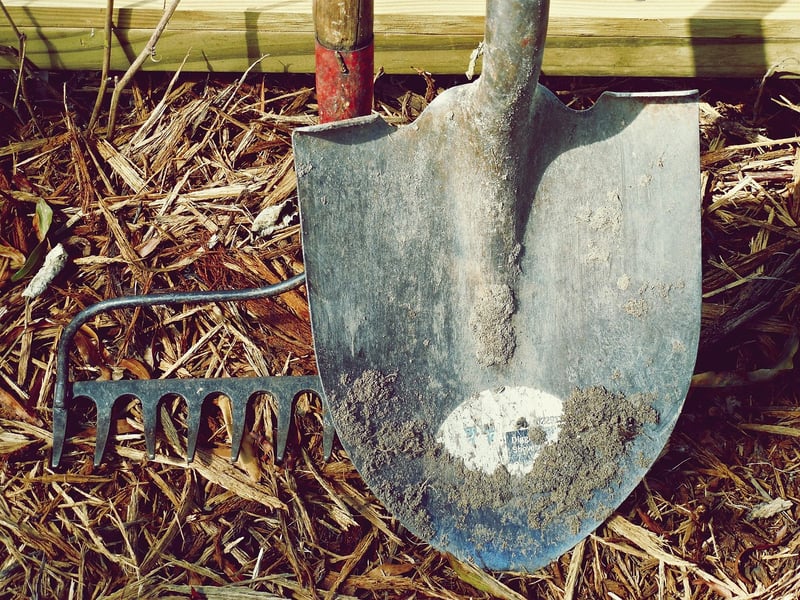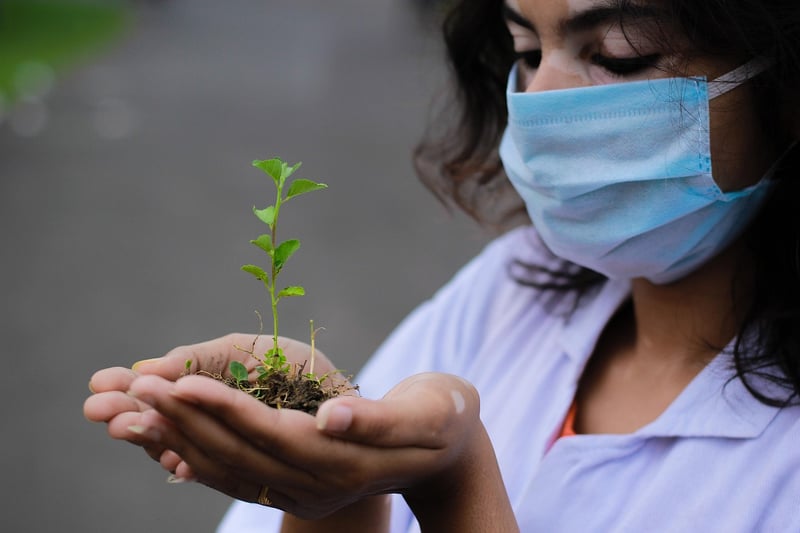Soil Health
Maintaining Your Garden for Optimal Soil Health

Having a healthy garden starts with having healthy soil. Soil health is crucial for the growth of plants, flowers, and vegetables. To maintain your garden and ensure optimal soil health, follow these tips:
1. Test Your Soil
Before planting anything, test your soil to determine its pH level and nutrient content. This will help you understand what your soil needs and how to improve it.
2. Add Organic Matter
Organic matter such as compost, manure, or grass clippings can improve soil structure, provide essential nutrients, and promote beneficial microbial activity.
3. Mulch Your Garden
Applying mulch helps retain moisture in the soil, suppresses weed growth, and protects the soil from erosion. It also adds organic matter as it breaks down.
4. Rotate Your Crops
Rotate your crops each season to prevent nutrient depletion and reduce the risk of pests and diseases. Different plants have different nutrient requirements, so rotating them helps maintain soil health.
5. Avoid Over-Tilling
While tilling can be beneficial for aerating the soil, over-tilling can disrupt the soil structure and harm beneficial soil organisms. Only till when necessary and avoid excessive disturbance.
6. Use Cover Crops
Plant cover crops like clover or rye during the off-season to protect and nourish the soil. Cover crops help prevent erosion, suppress weeds, and add nutrients when they are tilled back into the soil.
7. Practice Crop Rotation
Rotate your plants each season to prevent nutrient depletion and reduce the risk of pests and diseases. Different plants have different nutrient requirements, so rotating them helps maintain soil health.
By following these tips and practices, you can maintain a healthy garden with optimal soil health, leading to vibrant and thriving plants.
Remember, healthy soil leads to a healthy garden!
